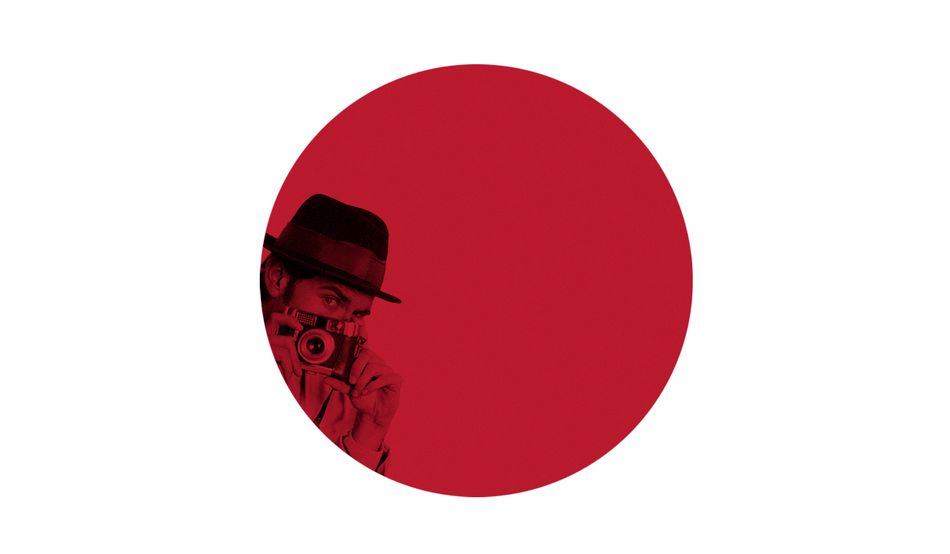On a recent night shift, Rina Hatono followed a man from his workplace onto the last train to Yokohama and tailed him to his lover’s house. In the early hours, she got the killer evidence that the man had gone into the house.
Hatano is a Japanese private detective who works at FAM Investigation, an agency specialising in infidelity. Industry insiders estimate these investigations constitute up to 80 per cent of the work done by private detectives in Japan.
The demand is driven by how Japanese courts handle divorce.
Unlike most other legal systems, Japan does not allow no-fault divorce in contested cases—where one of the couple does not wish to separate. Like much of Japanese society, the courts want consensus. If both parties do not agree to the divorce, Article 770 of Japan’s Civil Code requires evidence of a partner’s wrongdoing.
Proving infidelity in court is no easy task. Legally, the gold standard is explicit text messages or pictures of someone entering and leaving love hotels repeatedly with the same partner.
Goro Koyama, a freelance private detective who now avoids infidelity cases, once followed a man around Tokyo for seven years. Whenever he went out drinking, Koyama would be close behind armed with a camera. (Luckily for Koyama, he only went out a few times a month.)
After seven years of investigating, all Koyama could produce for his client was images of her husband’s frequent brothel trips. But in Japan, going to a brothel does not constitute proof of infidelity.
Evidence can be used to persuade the other partner to consent to the divorce, as well as to prove wrongdoing to a court. Dr Allison Alexy, a Japanese divorce anthropologist, explains that often partners “really have to beg or bribe or persuade” their other half to separate. The evidence from the investigations can be useful for both “bribing” and “persuading”.
For example, Hatano’s killer shots did not end up in court. The wife arrived on the first morning train to Yokohama and knocked on the door of her husband’s lover. Calmly, she led her husband to a local café, showed him Hatano’s pictures and demanded ¥5 million (£26,090) and his consent to a divorce. He provided both.
The camera-based approach adopted in these cases may seem creepy, but it is legal to carry out such surveillance in public spaces and is a method widely adopted by private detectives internationally. But a darker underbelly exists in Japan, where methods such as GPS tracking, honey traps and even prostitution are used in the course of infidelity investigations.
The darker underbelly
Hatano’s operations begin from her office. Surrounded by tributes to the greats of her industry (Sherlock Jr comics and a poster for the 1972 detective thriller Sleuth, staring Michael Caine and Laurence Olivier), she uses AI facial recognition software called PimEyes to determine if her target is using dating apps under an alias. If she finds that they are, she goes on to the site and matches with them as a potential date. Targets are often very reluctant to exchange phone numbers, preferring to chat over the online messaging app LINE, which allows them to operate under aliases.
Under a young Michael Caine’s magnified eye, she calls them on LINE and starts talking dirty. After a few minutes she feigns a bad connection, asks for their phone number to continue the conversation— she then hangs up, and never calls back. The phone number reveals the target’s true identity. “If the subject is a man, it is very easy,” she says.
As detectives morph from observers of infidelity to facilitators of it, the ethical lines blur. In extreme cases, these attempts can escalate to prostitution and beyond, as shown in the murder of Rie Isohata in 2010. Rie’s husband wanted a divorce and hired a detective agency to create the evidence. Takeshi Kuwabara, an agency hire, successfully started an affair with Rie, the evidence of which was used against her. Kuwabara wanted to continue the relationship and murdered Rie after she rejected him.
Koyama confirmed that this practice of extreme entrapment still happens in Japan, as detectives seek to “make the evidence”.
Prostitution is not the only way infidelity detectives have fallen foul of Japanese law. In 2024, Asahikawa District Court ordered a private detective to pay ¥440,000 (£2,251) in compensation for privacy breaches after he attached a GPS tracker to his target’s car. This decision was the result of a 2017 Japanese Supreme Court ruling which asserted that tracking someone’s movements via GPS devices without their knowledge or consent violates privacy laws, even in the context of an ongoing investigation.
GPS tracking was commonplace in infidelity investigations. But since this ruling, private detective agencies have become more cautious. To avoid legal liability some agencies, including FAM Investigation, now rent trackers out to clients and encourage them to place the devices themselves. Japanese divorce lawyer Ryohei Takekoshi has warned against this practice, explaining that “it is not quite legal”.
In 2013, Japanese police cracked down on the industry, particularly on the use of “informants” inside the public sector to gain confidential personal information.
This followed a case in which a detective in Kanagawa used an informant to get intelligence that would ultimately help a stalker to murder his victim. The stalker had originally approached Koyama, who turned him away, suspecting malicious intent. But a less reputable agency was happy to help.
Informants are now used “under the table”, Koyama says. This even includes lawyers abusing their professional access to assist detectives. “Japanese lawyers can be really flexible.”
Cheating the clients
Aside from crossing ethical and legal lines in their investigations, many private detectives also scam their clients. Initial charges alone can be up to ¥50,000/hour (£255) for infidelity investigations, but hidden fees of up to 150 per cent are common in the industry.
These fees are often paid by the target themselves, as the client can only afford the service by using her husband’s money. “We have a consulting company to hide [the fee on his credit card],” explains Hatano.
Similarly, agencies can exaggerate the likely compensation their clients might receive from the courts in order to inflate their fees. One detective I spoke to falsely asserted that additional child support could be claimed if infidelity was proved. “Business is partly based on the customers’ ignorance,” Koyama says.
This industry thrives on the failures of national and international regulation. In 2007, the first compulsory government registration system was brought in for private detectives in the country. But Angelino Schintu from the Curious Group, a private detective agency, describes the government registration system as “voluntary” and the industry as a “Wild-West environment”. Unlike the UK, Australia and the US, there is still no licensing system.
International industry regulators like the World Association of Detectives (WAD) are also ineffective. According to Koyama, the association is “not aware of how Japanese PIs are operating”. Given that WAD lists having members in China, where private investigation businesses have been illegal since 1993, the competency of the organisation more broadly is questionable.
As regulation fails, business is booming. FAM Investigations has seen caseloads double in the past two years. While some like Koyama lobby hard for reforms to clean up the industry, or turn away from infidelity work, private investigations is still a world where cheaters thrive—unless they are the ones being photographed.
Correction: this article has been corrected to remove mention of a silhouetted photograph in the opening paragraph, which was part of a separate investigation.









